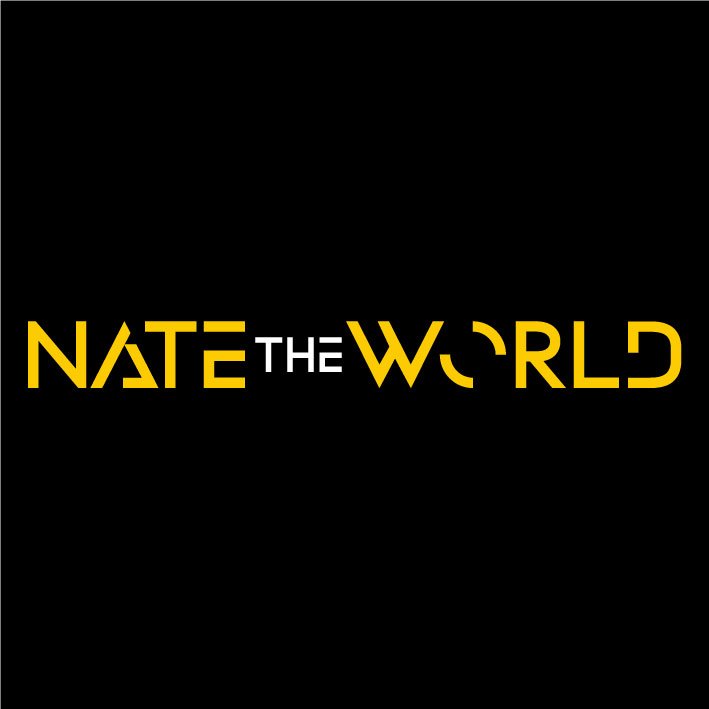Left, Right, Center: Our Relationship with Other Countries
After World War I and through the Great Depression, the United States of America entered an extended period of isolationism. At 150 years old, our nation was not yet a global superpower. Taking some time to focus on ourselves didn't have a detrimental impact on other nations. We were allowed to retreat to focus on rebuilding our military, enjoy the roaring 20's, and recover from an extended economic depression. Even with another World War brewing, we wouldn't answer the call to enter the fray until we were attacked by the Empire of Japan. Then and there, we finally saw the need to stop encroaching enemies set on world domination. We also saw an opportunity to improve our own economy through a war effort.
After the war, the Empire of Great Britain, France, and the rest of Europe were in shambles. Japan had been defeated and Germany was divided. The U.S.S.R. and the United States of America stepped forward as the world's superpowers. Holding two different economic theories, the U.S.S.R. and United States entered an extended Cold War. Citizens of both countries lived under heightened periods of fear. A growing nuclear arsenal only complicated matters. Believing citizens all across the globe should be free to determine their own course, the United States entered into two wars to stop the spread of communism; the Korean and Vietnam Wars. Our cold standoff with Russia almost ended with the Bay of Pigs in Cuba.
In the late 80's, the U.S.S.R. collapsed leaving the United States as the sole superpower in the world. Not until recently, has any country really challenged our place. With China on the rise, many are beginning to question the role of the United States in the world. On one hand, we possess more military might than any other country in the world. On the other hand, we supply more aid to countries in need than any other nation on earth. We act as both police and servant. This is a hard and expensive position to hold for very long.
With this knowledge in hand, I think it is high time we begin to consider our relationship with other countries. In every region of the world, the U.S. enjoys allies, strategic partnerships, and treaties. Our troops are stationed in 150 nations. More often than not, when called upon to serve our soldiers and aid workers step up to the plate. Our citizens donate generously to causes all around the globe. We are a giving nation, but there is also this prevailing thought that we are the most feared, respected, loved, and hated country in the world. Some of this dissonance arises from the positive things mentioned above compared to our decisions to enter into the Vietnam War, meddle in other countries elections, the invasion of Iraq, our continued use of drones. These actions have created enemies; enemies are generosity cannot turn into friends.
Standing on the edge of a never-ending war on terrorism, we have three options. We can retreat inward and allow the world to solve its own problems. We can choose to flex our military might or we can choose diplomacy. In seemingly times of great of violence, I understand those who believe it is time to focus on ourselves. I also understand flexing our military might across the globe but I think those people often forget the high economic and human costs of war. I also understand those who cling to diplomacy and peace over anything else. In my mind, I don't think our relationship with other countries is an either/or proposition. Rather, I see I need for all three. I also wholeheartedly believe this is not a time for isolationism. There is too much at stake and too much of the world depends on us.
Instead of complete isolation, I would recommend we decrease defense spending and make sound investments in our own well-being. It is time to focus on infrastructure, schools, education, and the health of our people. Next, I would like to see a military that is leaner, meaner, and more strategic. It is often reported by those in the Pentagon that their budgets are bloated with items they don't need and didn't ask for in the first place. Instead, let's give them the tools they actually need to do the job. Let's invest more in research and development so we might be on the forefront of protecting those who rely on us against those who might do the world harm. Finally, let's double down on diplomacy. Peace, above all else, should be the aim of the nation. We will build more love and goodwill with aid and positive conversations than we ever could with a bomb. It is high time we realize that.
Of course, I know these are oversimplified solutions. Policy hawks, ambassadors, and the Defense Department would have a field day with my assessment. When the dust settles, I am just one citizen who has great concern about the path we find ourselves. Instead, of doing the same thing over and over expecting different results, perhaps we can try a more nuinaced approach.
Be good to each other,
-Nathan

